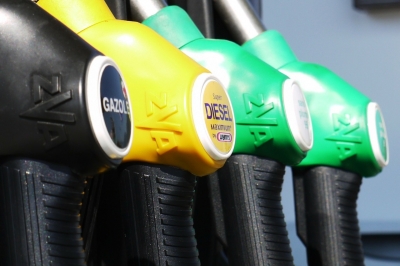
Hamburg has become the first German city to restrict the use of diesel vehicles in response to a court ruling earlier this year.
Germany’s second largest city has started to unveil signs preventing older diesel vehicles, which do not meet EU emissions standards, from entering two major thoroughfares. The ban will take force on 31 May, according to the local government, and police will issue fines of up to 75 euros to offending vehicles.
The move follows a ruling from Germany’s Federal Administrative Court in Leipzig that regions could legally restrict diesel cars to tackle high levels of air pollution.
Environment Minister Svenja Schulze reportedly told a German national newspaper that “driving bans like those in Hamburg show how serious the situation is.” She implored manufacturers to retrofit existing diesel cars to lower emissions, adding “it’s up to the car industry now.”
The ban will affect a stretch of road one mile long in the city centre, impacting only commercial diesel vehicles, and a separate road around 580 metres long, covering all diesel vehicles.
The Reuters news agency reports that out of the 330,000 diesel cars on Hamburg’s roads, only 116,000 are fitted with the more efficient Euro-6 technology, introduced in 2014. The older, more polluting models are associated with a range of cardiovascular diseases, and directly contribute to thousands of premature deaths.
Germany is one of six countries, including the UK and France, being taken to court by the European Commission for its failure to meet the EU’s air quality standards. The Commission identified 26 areas in Germany, including Berlin, Hamburg, Munich, which were in violation of nitrogen dioxide levels.
Julia Poliscanova at the think tank Transport & Environment said the decision to take them to court showed governments “cannot go on allowing citizens to be poisoned by toxic air”.
“Now it’s time to get tough on the main cause of the breach: the manufacturers of the 40 million dirty diesel cars and vans still on Europe’s roads.”
